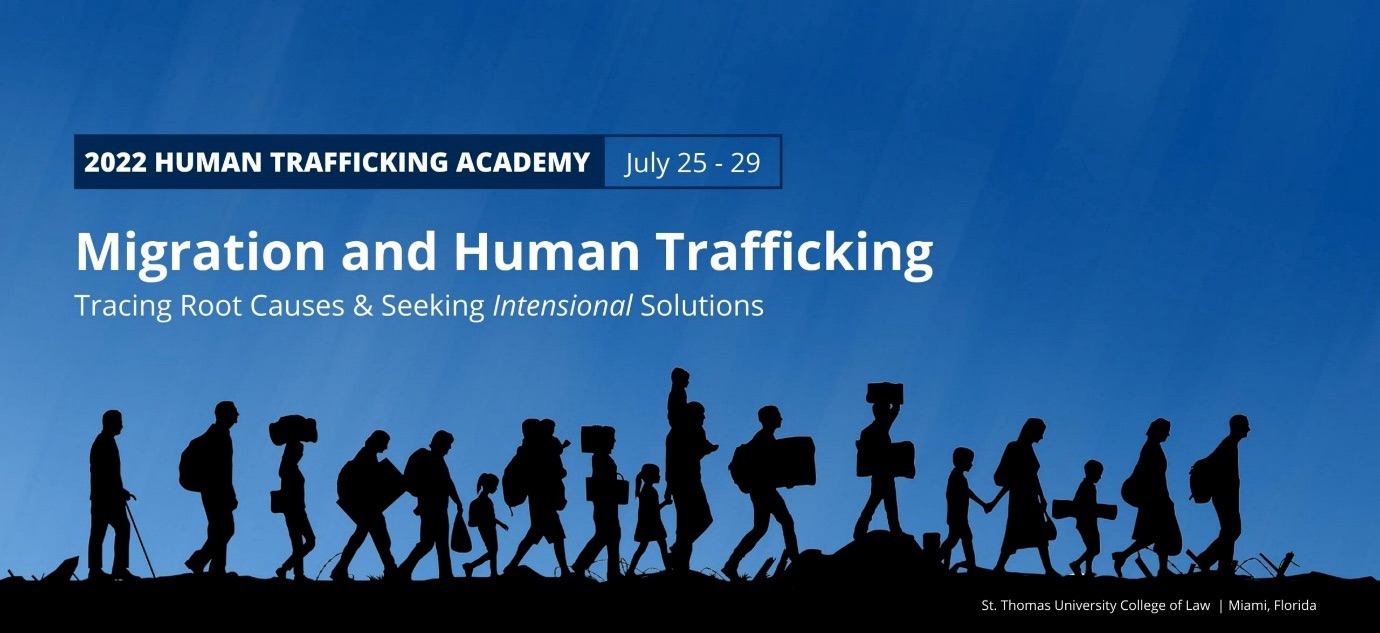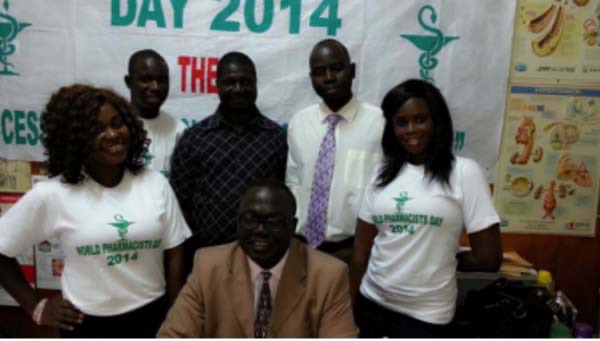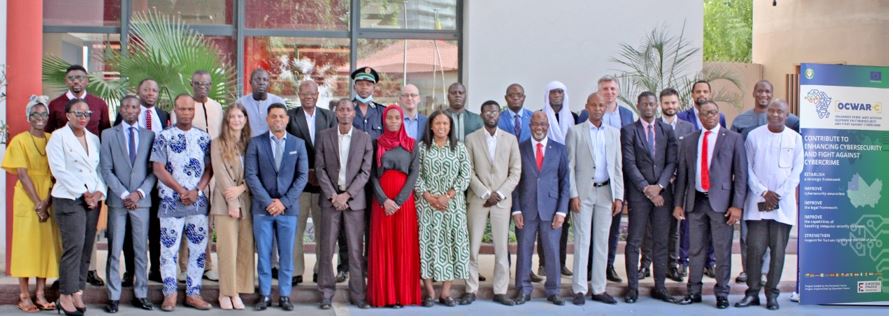Let’s not mince words here. The Gambia’s mental healthcare system is a shambles. Broken, neglected, forgotten call it what you will, but let’s face the truth. Our Mental Health Act, unchanged since 1845, is a relic of colonial rule, written at a time when The Gambia was seen as nothing more than a dot on Britain’s imperial map. Can you imagine? While the world has transformed around us, our mental healthcare framework is stuck in the 19th century!
And yet, here we are in the 21st century, grappling with a crisis that no system, let alone an outdated one, can handle. Thousands of Gambians sit in detention centers across Europe Spain, Italy, and Germany waiting. Waiting for the moment they’ll be shipped back to The Gambia. These are not just deportees. They are human beings. Young people who risked everything, fleeing poverty, seeking hope. Instead, they’ve found themselves drowning in despair, caught between a Europe that doesn’t want them and a homeland that can’t support them.
Let’s be brutally honest. When these young men and women arrive back in Banjul, they are met with paperwork, protocol, and nothing else. No family reunions, no hugs, no support. Immigration officers process them, IOM workers shuffle them out and that’s it. They’re left to fend for themselves in a society that doesn’t understand their trauma, stigmatizes their failure, and leaves them isolated.
And what do we expect? That a few sewing machines or goats will magically solve their problems? That they’ll start successful businesses overnight? This isn’t reintegration it’s setting them up for failure. They sell off the reintegration materials, rejoin the backway, or worse, spiral into mental health crises we are entirely unequipped to address.
But it doesn’t have to be this way. There is a solution a solution so simple, so obvious, that it baffles me why it hasn’t been done already.
We need Pre-Reintegration Programs in those detention centers, right now, before they ever set foot back in The Gambia. Let’s use the resources Europe already has professional counselors, mental health personnel, and experts in trauma care and deploy them where they’re needed most. Let’s bridge the gap.
Train young Gambian mental health workers alongside these professionals in detention centers. Let them learn how to counsel their people on how to deal with migration trauma, post-traumatic stress, and reintegration anxiety. Let them gain the skills they’ll need to build a real, sustainable mental healthcare service in The Gambia. It’s a win-win! Europe takes the pressure off our government, and we build capacity for the future.
Imagine this: a young deportee, traumatized and broken, meets a counselor in Spain. Someone who listens, who understands, who helps rebuild that young person’s spirit. Imagine their family being brought into the process, reconnecting, and repairing bonds that migration has torn apart. And when that deportee finally returns to Banjul, it’s not to shame and stigma but to open arms and opportunities.
Ladies and gentlemen, this isn’t charity it’s common sense. It’s cheaper for Europe to act now than to deal with the fallout later. It’s smarter for The Gambia to build expertise than to keep relying on foreign aid. And most importantly, it’s humane. It’s dignified. It’s the right thing to do.
So I’m asking you no, I’m begging you. to act. To listen. To push for change. Because this is not just about migration, mental health, or reintegration. This is about giving people a chance. A real, fighting chance to heal, to thrive, to live.
The world doesn’t need more deportees. It needs more solutions. Let’s be that solution. Let’s start today.

From Lost Potential to Lasting Progress TheLabour Market Challenge”
Every profession carries equal importance. Whether you sit behind a desk or work with your hands, your contribution is vital. A plumber is as important as a lawyer, a mechanic as valuable as an accountant, and an electrician just as critical as a CEO. It’s time we recognize and respect every role in building our society.
A Nation at a Crossroads
Take a moment to look around you. On every roadside, in every so-called mechanic’s garage, you’ll see abandoned electronic cars. These cars symbols of progress in many other parts of the world are silently reminding us of a crucial challenge we must face. The future is coming, and it’s electric. But are we ready? Where are our skilled diagnostic technicians? Where are the necessary tools and equipment? Right now, we are not prepared, and that means the jobs of tomorrow are already slipping through our fingers.
A Labour Market with Untapped Potential
The truth is that jobs are here in The Gambia, but many are being filled by workers from other countries. Drive past any construction site, and you’ll see workers from Senegal. Visit the garages, and you’ll find mechanics from Guinea. Walk through our fishing towns, and you’ll find Senegalese and Malian hands hauling the nets.
Our youth are not lazy. They are ambitious and eager, but too often they are not equipped with the skills they need to take on these jobs. This is not their failure; it is ours. We must ensure that our youth are prepared to thrive, not just survive.
A Nation That Can Build Its Future
We have the potential to build our future. Right now, we rely too heavily on foreign workers because we have not invested in training our youth to take on essential roles like mechanics, builders, or technicians. This is not just an economic issue it is a matter of pride and self-sufficiency.
Our young people deserve the opportunity to stay and thrive in their own country, contributing to its growth. Unfortunately, many feel there is no future for them here, and they leave on dangerous journeys, risking their lives to find opportunities elsewhere.

The Human Cost of Inaction
The consequences of inaction are not just economic they are personal and deeply tragic. Consider the story of Lamin, a 16-year-old Gambian boy who dreams of becoming a mechanic. He cannot access proper training, so he works in a roadside garage, earning little while foreign workers dominate the big contracts. Frustrated and without hope, Lamin takes the backway and tragically loses his life in the process.
How many Lamins must we lose before we recognize that we have a responsibility to create opportunities for them right here, at home?
The Time to Act Is Now
The world is moving forward, and our neighbouring countries are already investing in training their youth to meet international standards. The Gambia must act now to ensure we do not fall further behind.
A Blueprint for Change
1. Conduct a Labour Market Audit
We need to understand the gaps in our labor market. Let’s assess the jobs we are losing to foreign workers and identify the skills needed to train our youth.
2. Introduce Career Guidance in Schools
Career guidance should start early. By the age of 13, every Gambian child should be informed about their career options whether in diagnostics, fishing, construction, or IT.
3. Build World Class Technical Colleges
It’s time to build institutions that provide training and certification that meet global standards. Our youth should be able to work anywhere in the world, armed with the skills and knowledge they need.
4. Mandatory Certification
Every mechanic, builder, and technician must be certified. These certifications must be recognized and respected, both in The Gambia and internationally.
5. Equip Our Youth
Training is not enough. We must provide the tools and resources that allow our youth to succeed. By equipping them with the right equipment, we give them a fighting chance in the job market.
We Can’t Afford to Wait
If we do not act now, foreign labor will continue to dominate our industries. Gambian youth will continue to leave in search of better opportunities. The Gambia will risk becoming a graveyard not only for electronic cars but for the dreams of its young people.
This is not just a call to action it’s a call to accountability. The jobs of tomorrow are within our reach, but we must rise to meet the challenge. This is about dignity. It’s about pride. It’s about reclaiming our future.
If Not Us, Then Who? If Not Now, Then When?





